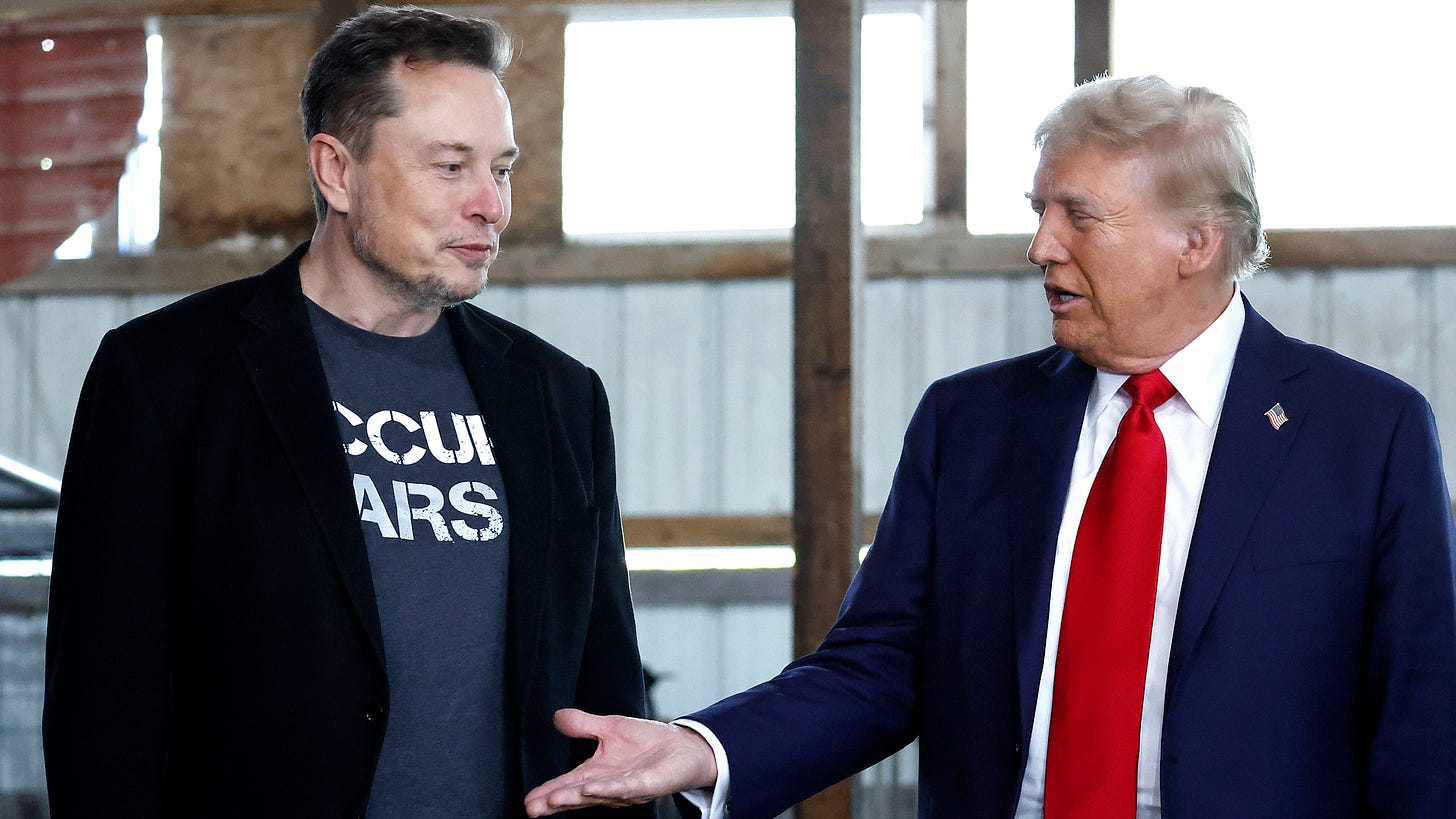It’s becoming harder to ignore the growing influence of cultural and economic figures in global politics. Figures like Elon Musk, who command vast wealth and a near-cult following, have begun to treat political discourse as another arena for their ambitions. While some see this as a natural extension of their success and vision, others view it as a troubling shift; one where political relevance is pursued not for governance but to maintain their grip on public attention.
This dynamic is more than a simple celebrity flex; it’s a reflection of how communication and power interact in the modern age. Marshall McLuhan’s theories on media help explain the influence these figures wield. In a world where social media bypasses traditional political channels, individuals like Musk can frame global debates in ways that sidestep accountability. Their platforms amplify their voice far louder than those of elected officials or experts, creating a version of political discourse that often prioritizes spectacle over substance.
The problem deepens when viewed through the lens of Pierre Bourdieu’s concept of symbolic power. These cultural figures don’t just participate in politics;
they shape its language, symbols, and priorities, often recasting themselves as anti-establishment disruptors. Musk’s public engagement with issues like free speech, space exploration, or green energy often appears to challenge outdated systems. But the reality is more complex: such interventions frequently align with preserving his personal brand and influence in a rapidly shifting cultural and media landscape.
This strategy echoes the populist tactics Ernesto Laclau describes, where leaders (or in this case, figures of cultural authority) simplify issues into emotionally charged narratives of "us versus them." Musk's rhetoric, especially on platforms like Twitter, often champions individualism, innovation, and resistance to bureaucracy. While this resonates with his audience, it can dangerously oversimplify complex global challenges, sidelining nuanced discussion for the sake of soundbites and viral moments.
The implications for global politics are profound. By treating politics as a tool for staying relevant, these figures risk destabilizing democratic norms. Hannah Arendt’s views on authority and power remind us that legitimacy in governance comes from accountability and consensus, not unilateral influence. When public discourse is shaped by those with no obligation to answer to voters, it undermines trust in democratic institutions and creates a fragmented landscape of competing narratives.
Ultimately, the incursion of cultural figures into politics raises pressing questions about the balance of power in society. Do we celebrate their ability to inspire change, or do we scrutinize their motives and the consequences of their actions? The answer likely lies somewhere in between. While their influence can bring fresh perspectives and bold ideas, it must not come at the expense of thoughtful governance and collective well-being. As their role in shaping politics grows, so too must our vigilance in holding them accountable.




